Saree evangelist Sanjay Garg comes to Mumbai, and he is patronising cheeky primates
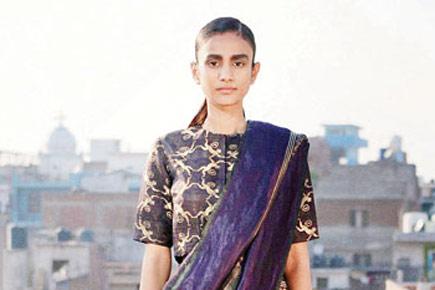
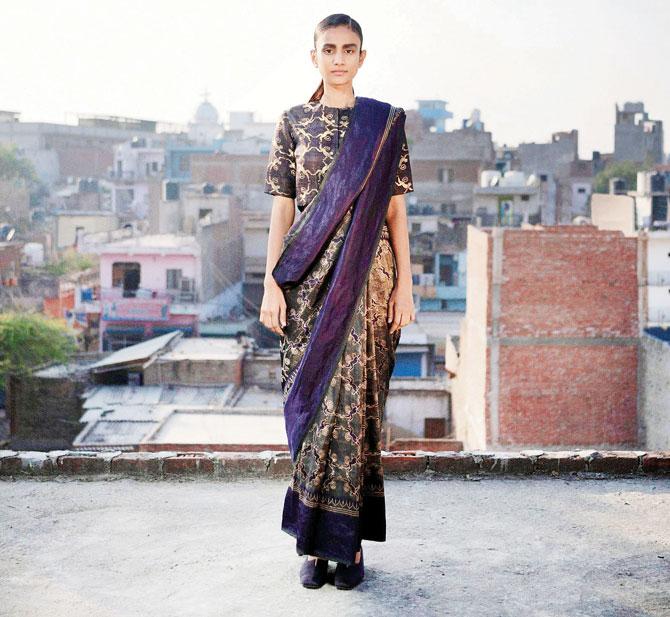
Sanjay Garg is unafraid. He may not instantly agree but his quiet self-assuredness is responsible for his success as handloom fashion's spin doctor.
ADVERTISEMENT
He devours choley-kulcha in the far corner of a fashion lounge while industry folk pick at sashimi with chopsticks. And, when he is talking Indian craft, he proves his mastery, sharing anthropological nuggets in Hinglish, almost always ending a sentence with 'boss'.
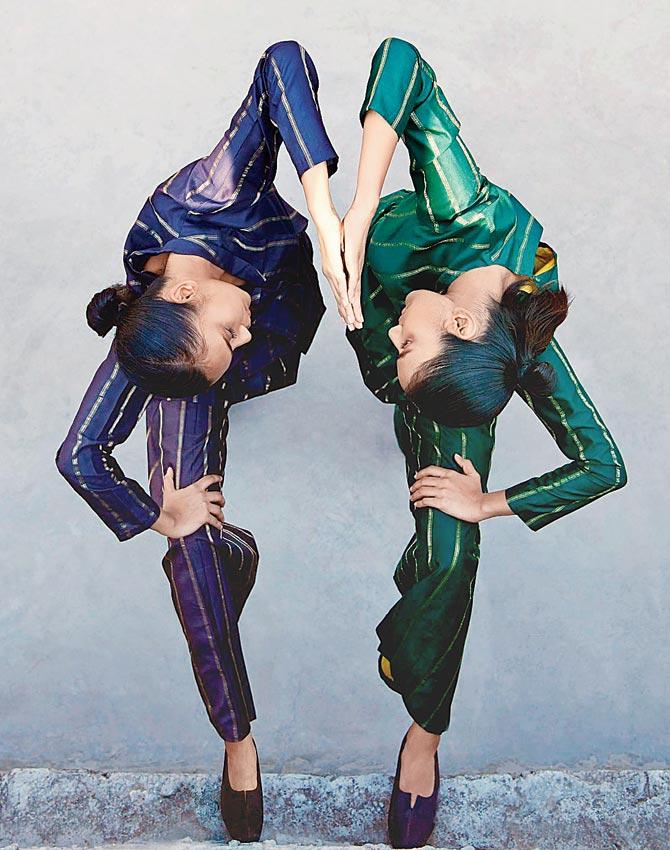
"I'm going nuts," is not the sort of greeting you expect in return to, "Hello, Sanjay". But he's reeling under pressure, and he couldn't be bothered to mask it. In Mumbai for the March 9 launch of his first standalone store, the Dilliwalah is inspecting light fixtures at the lovely Taj Mahal Palace Hotel-facing studio where he will stock his label, Raw Mango and the new line, Monkey Business.
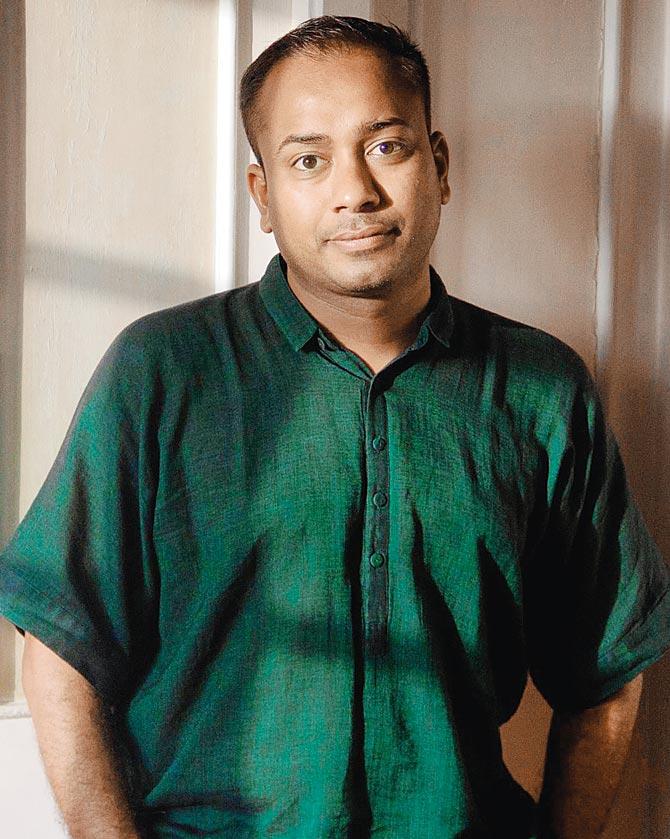
Sanjay garg
Housed in the same space where cutting-edge fashion boutique Bombay Electric once stood, the collection is likely to see Garg's advocates make it a regular pit stop. Shabana Azmi, Konkona Sen Sharma, Deepti Naval, Vidya Balan, Tillotama Shome, Kiran Rao, Arundhati Roy, and a slew of women from the media, are already sold. "Today's women don't subscribe to regional identities. They are like the Aam Admi Party," he says.
Excerpts from an interview.
They say you have single-handedly made the modern Indian woman salivate at the Benarasi and Chanderi.
We've made tradition more relevant. Tradition is ridden with ideas of the past and history. What we have done is simplified tradition by factoring in functionality, which is necessary with time.
Who do you cater to, the mother or her daughter?
(Laughs) Both. My god, even we are surprised at the diverse client profile. Our oldest client is 70. The younger client is not impressed by trends but by societal changes unfolding around her. She is someone who subscribes to an organic lifestyle, feels strongly about women's issues, and looks at our brand through several filters, including packaging of goods.

Mumbai-based Feroz Abbas Khan, the show's director, Peoples Foundation of India, producers of the series
At one time, your sarees were a lesson in botany. I believe your team made 500 drawings of flowers and fruit for the Vana collection. Why monkeys this time?
Simple and sober designs stand the risk of being elitist. Monkey Business was a deliberate effort to add a disturbing element; the species is notorious for quirk.
Why can't we have fun with craft? Most craft historians will be upset with the monkey motifs. Thankfully, I am not burdened by tradition. I remember meeting surprise when I used the cow motif in my previous collection. Now, I see cows everywhere. We have elephants, peacocks, cows and now monkeys. After all, we are a country that worships Hanuman.
The vibe of the collection is of madness, based on the monkey-see-monkey-do concept depicted in look-book images.
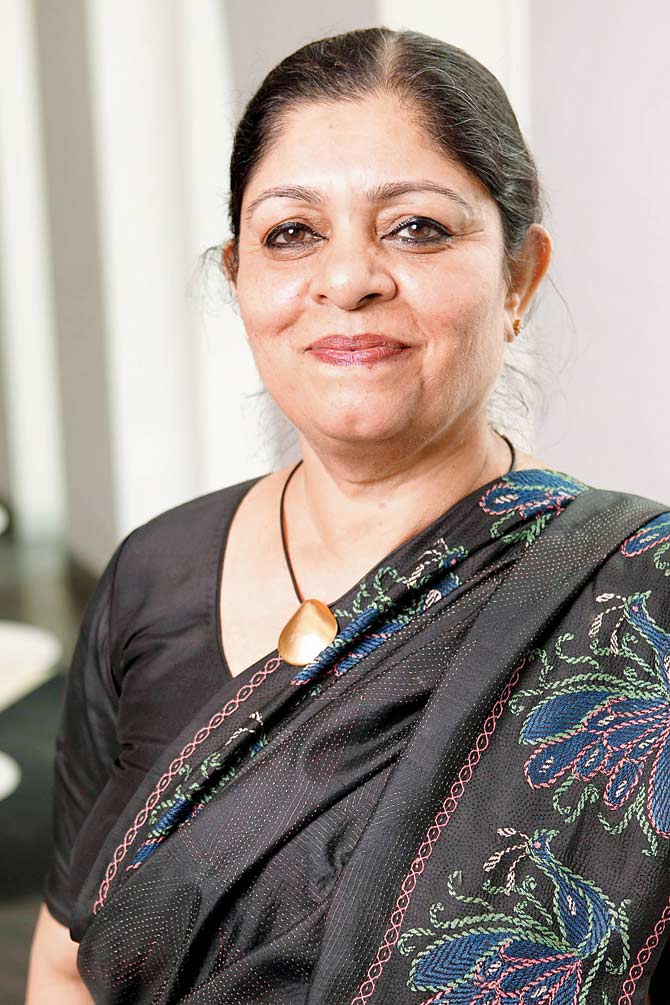
Mumbai-based Poonam Muttreja, executive director, Peoples Foundation of India, producers of the series
Describe the primary difference between your Delhi and Mumbai buyer?
(After a pause). There is no difference, actually. Am I being politically correct? Well, I sold my very first saree in Mumbai at the Prince of Wales Museum exhibition, when handmade was not trending. I'd say Mumbai clients are bold and adventurous, while Delhi is safe, and their choices are determined by culture.
How do you do your research?
I don't want to sound like I am preaching, but I am very patriotic. My research is driven by how I contribute to my country. The idea of Monkey Business originated when I visited the Sanchi Stupa in Madhya Pradesh with crafts historian Rosemary Crill. Commissioned by emperor Ashoka, the stupa was built in third century BCE. There is the belief that Buddha was a monkey in an earlier life.

Actress Meinal Vaishnav
I sent my team over to sketch details of how female monkeys were carved in stone. They came back with over 100 drawings. We then invested six months in sampling and developing Benarasi weaves. The thing about monkeys is they adapt to any environment. I see a similarity with craft; it must evolve with time.
You say you are a textiles guy, not a designer. What compelled you to move from saree to stitched garments?
Honestly, I did it because I needed to increase loom production to provide steady work to my weavers. We use the loom to create fabrics for stitched garments as well as sarees. I also wished to appeal to a wider audience, the 22 to 40-year-old, who prefers the ease of the stitched garment.
Your worst nightmare during this transition - can you relive it for us?
Sizing and cuts were hurdles. Indian women come in myriad sizes. How do you work around that? I don't like the idea of leaving margins, which makes my task stickier. We are still learning.
You've socked the populist idea of stylish in the face - your campaigns seem to say, it's not about cleavage, heels or make-up. Is it sustainable?
Of course. Don't I have enough of tribe? I am not afraid to challenge norms.
Share one unique fact about the Chanderi and Benarasi that may come as a surprise to the textile connoisseur.
Most think that the Chanderi is merely silk-cotton, but it uses the same weaving technique as Jamdani. The Benarasi is the mother of textiles. Not many are aware that apart from it, Varanasi makes superb organza and tissue too.
 Subscribe today by clicking the link and stay updated with the latest news!" Click here!
Subscribe today by clicking the link and stay updated with the latest news!" Click here!







